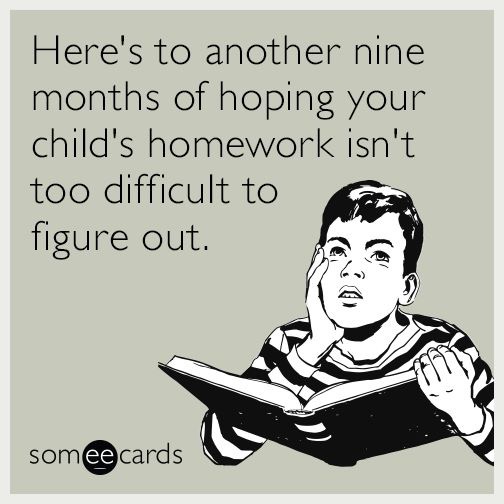64: The “H” Word
Homework (The “H” Word) has become a hot button topic lately as teachers are deciding to eliminate homework altogether in their classrooms. This episode hears from various educators and parents on their opinions on the hassle of homework as well as shares the detrimental effects of taking such drastic measures. Listen in to hear the debate and formulate your own opinion on what is best for a child’s development physically and mentally.
Quotables
- Balance is important and necessary
- Achievement could drop without prioritized practice
- Can’t jump extreme to extreme- that’s how trends come and go
- Don’t just jump on a bandwagon of convenience
- Prioritize and differentiate
Connect with Gretchen
- Email: [email protected]
- Blog: Always A Lesson
- Facebook: Always A Lesson
- Twitter: @gschultek
- Linkedin: Gretchen Schultek Bridgers
- Google+: Gretchen Schultek Bridgers
- Book: Elementary EDUC 101: What They Didn’t Teach You in College
Leave a Rating and Review
https://itunes.apple.com/us/podcast/always-lessons-empowering/id1006433135?mt=2
Why?
This helps my show remain active in order to continue to help other educators remain empowered in a career that has a long lasting effect on our future.
How?
- Search for my show in iTunes or Stitcher.
- Click on ‘Ratings and Reviews.’
- Under ‘Customer Reviews,’ click on “Write a Review.”
- Sign in with your iTunes or Stitcher log-in info
- Leave a Rating: Tap the greyed out stars (5 being the best)
- Leave a Review: Type in a Title and Description of your thoughts on my podcast
- Click ‘Send’


After listening to this podcast I thought that it may be useful or interesting even to share how the much misunderstood H works in the school where I work in England. For our children in UKS2 (5th and 6th grade) we have “standard” tasks which we don’t even consider homework such as reading regularly with or to somebody, practising your spelling string that is the focus that week and if needed revising multiplication facts. The only mandatory homework we have is their learning journals, which is a diary / journal reflecting on what they have learnt that week. It can link to activities and tasks from school or that have occurred outside as well, children can present this however they want; using pictures, ticket stubs, #tweet straplines or even straight forward narrative! Their parents and carers each week also add their ideas and opinions to this and the class teachers respond as well. At the end of the year the children then have quite an organic record from differing viewpoints of their final year in primary school as a keepsake. The homework that is set for our topic / theme that half term is optional. This means that the child can do every task every week, or they can dip in if they want further development or just if the task takes their fancy or interest. Some of the children choose to do homework in those weeks when their outside life is “less scheduled or chaotic” and the emphasis is very much placed on the more that you put into your own learning the more you will gain. We definitely do not use homework as a punishment or a way to enter into conflict with teacher – student – home and it has meant that homework is seen in a much more positive light. The tasks are always a question that has multiple ways of answering and is paced out and given to the children at the start of term so that they can plan their time and schedules accordingly. It usually involves tasks that are more creative and open ended so that children can present their ideas however they like such as recreate an early settlement from Anglo Saxon times to review what has happened in the news this week. In the past few years that we have approached homework in this way (btw we call it home learning a bit cliche but it seems to work for us) we find that the children’s produced learning is so much more dynamic, creative and shows a deeper level of understanding. From video footage that gets emailed to the teacher’s accounts and then shared in collective assemblies, to people arriving in class in costume to present their findings, to straight forward written assignments! If anybody needs convincing set the task of, here are two split pins how can you use this to highlight an aspect of our humanities teaching this week? You will be astounded I am sure.
So with regard to home work / home learning – with a bit of innovation, daring and if used creatively as a way to enhance learning and application of skills/knowledge explored in school that puts the ownership firmly in the hands of the learner then I am in favour and it is a very positive experience for all. However that out of date and mundane worksheet that just adds pressure and hassle to family life and school workload why bother?
Ryan, thank you so very much for your thorough comment. I appreciate you listening to this episode. I couldn’t agree with you more. Authentic, enriching homework can add lots of value and bridge the home-school connection. But, our current homework tradition of worksheets and certain amount of minutes reading is just compliance and not real learning. Your journal idea is intriguing and worth giving a shot in classrooms! Thanks for sharing your thoughts 🙂